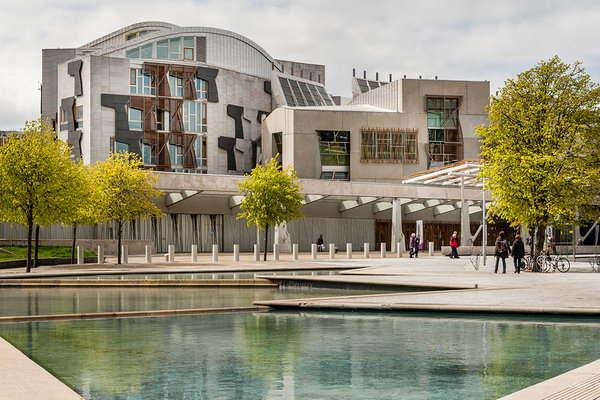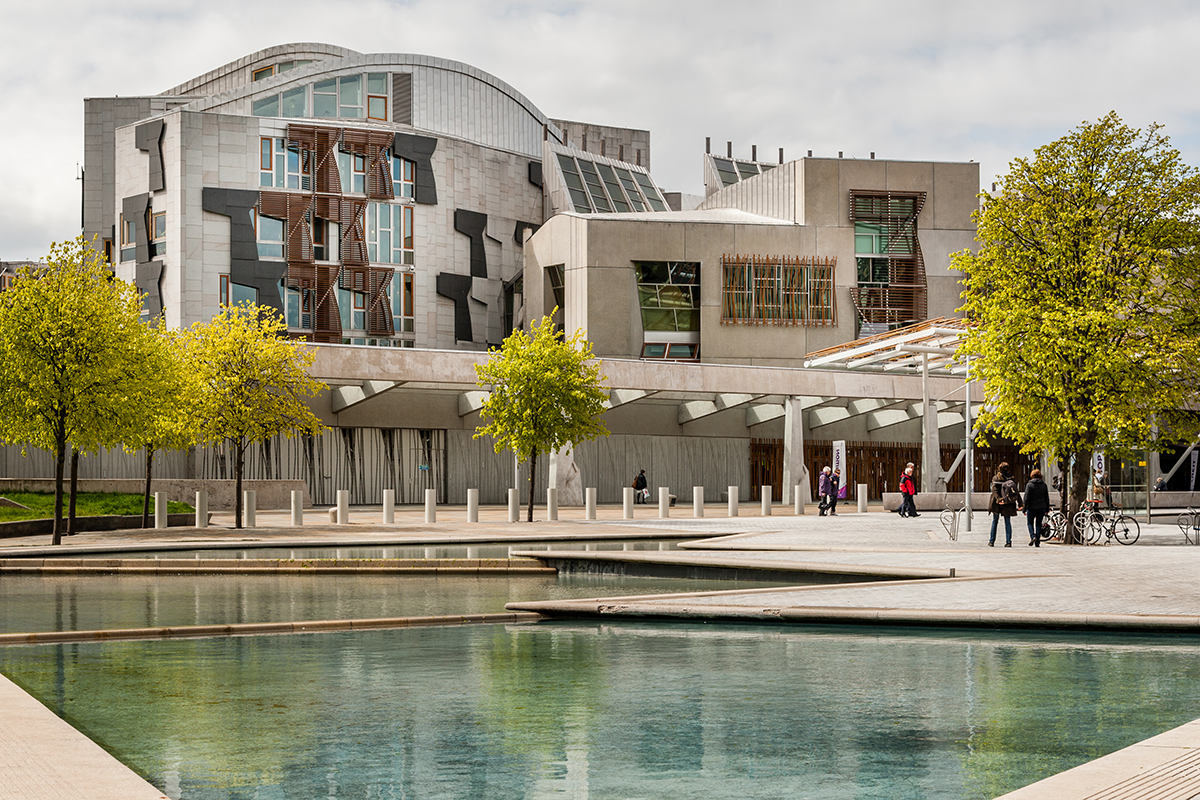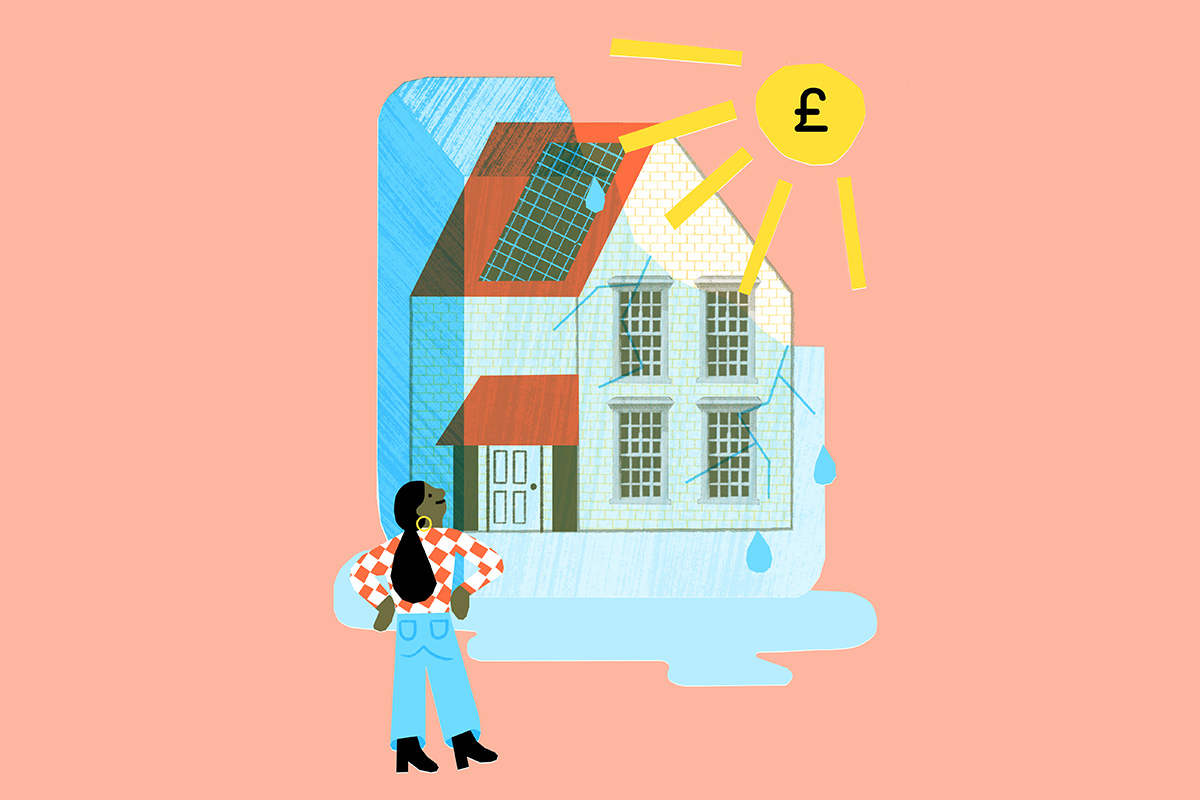You are viewing 1 of your 1 free articles
Social sector evictions on the increase in Scotland, Shelter reveals
There has been a 24% increase in evictions from social housing in Scotland over the past two years, a new report by Shelter Scotland has revealed.
The charity also raised concerns social housing providers might be using the threat of eviction as a way of collecting rent arrears. There were 37,559 notices sent to tenants threatening eviction but only 2,130 evictions were carried out.
Since 2013/14 there has been an increase in the number of social sector evictions, the charity found. In 2015/16 there were 2,130 evictions, a 24% increase since 2013/14.
Councils carried out 1,300 evictions in 2015/16. Edinburgh Council’s evictions more than doubled, from 51 in 2013/14 to 118 in 2015/16 and North Lanarkshire Council had an even steeper increase, from 71 in 2013/14 to 196 in 2015/16.
In contrast, Dundee Council reduced its evictions by 33%, dropping from 107 to 71 evictions in 2015/16.
There has been a slower rate of increased evictions by housing associations, with 830 evictions in 2015/16, a 5% increase since 2013/14.
Shelter Scotland said the increase could be due to welfare reform changes, specifically the lowering of the benefit cap from £26,000 to £20,000 and the roll-out of Universal Credit.
Rent arrears account for 95% of all evictions from council housing, and 89% of housing association evictions. Only 6% of evictions are due to anti-social behaviour. In March 2016 the total rent arrears across the social rented sector was £109.8m.
Alison Watson, deputy director of Shelter Scotland, said: “These figures are extremely disappointing and should raise alarm bells about the way local authorities may be treating some of their most vulnerable and struggling tenants.
“We believe these figures on social landlord evictions show that a fundamental shift is needed in how rent arrears are managed. Tenants must always prioritise and take responsibility for paying their rent, but eviction is a very crude and inefficient way of dealing with rent arrears of tenants who often struggle with complex social and financial issues.”
An Edinburgh Council spokesperson said: “Our overall strategy in managing rental income collection is to support our tenants in arrears to sustain their tenancies wherever possible. Our approach focuses on prevention, early intervention with eviction remaining a last resort. However, there remains a minority of tenants with whom it has been impossible to engage with, despite every effort being made. Cases are progressed into formal debt recovery in court, where necessary, to seek to prevent tenants getting into high levels of unaffordable debt.”
A spokesman for North Lanarkshire Council said: “These numbers are no surprise given that North Lanarkshire is the largest council landlord in Scotland by some distance. What these figures actually mean is that just half a percent of tenants were subject to eviction proceedings in North Lanarkshire…Eviction proceedings are an absolute last resort for the council and we will continue to work hard with tenants to ensure we can help them maximise their income.”












